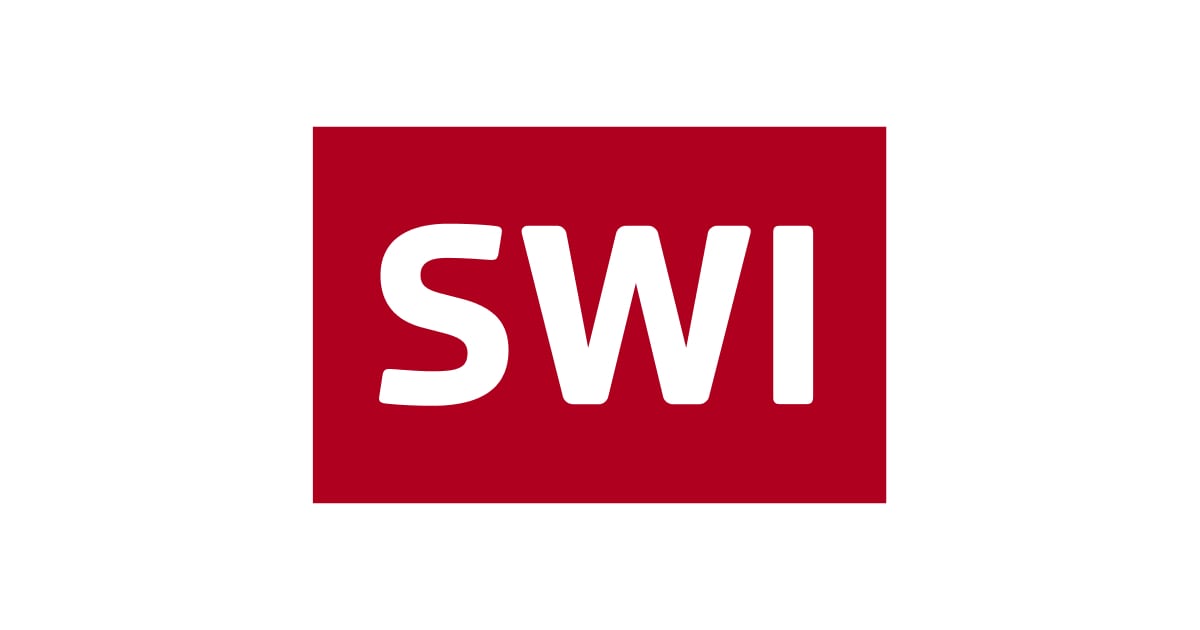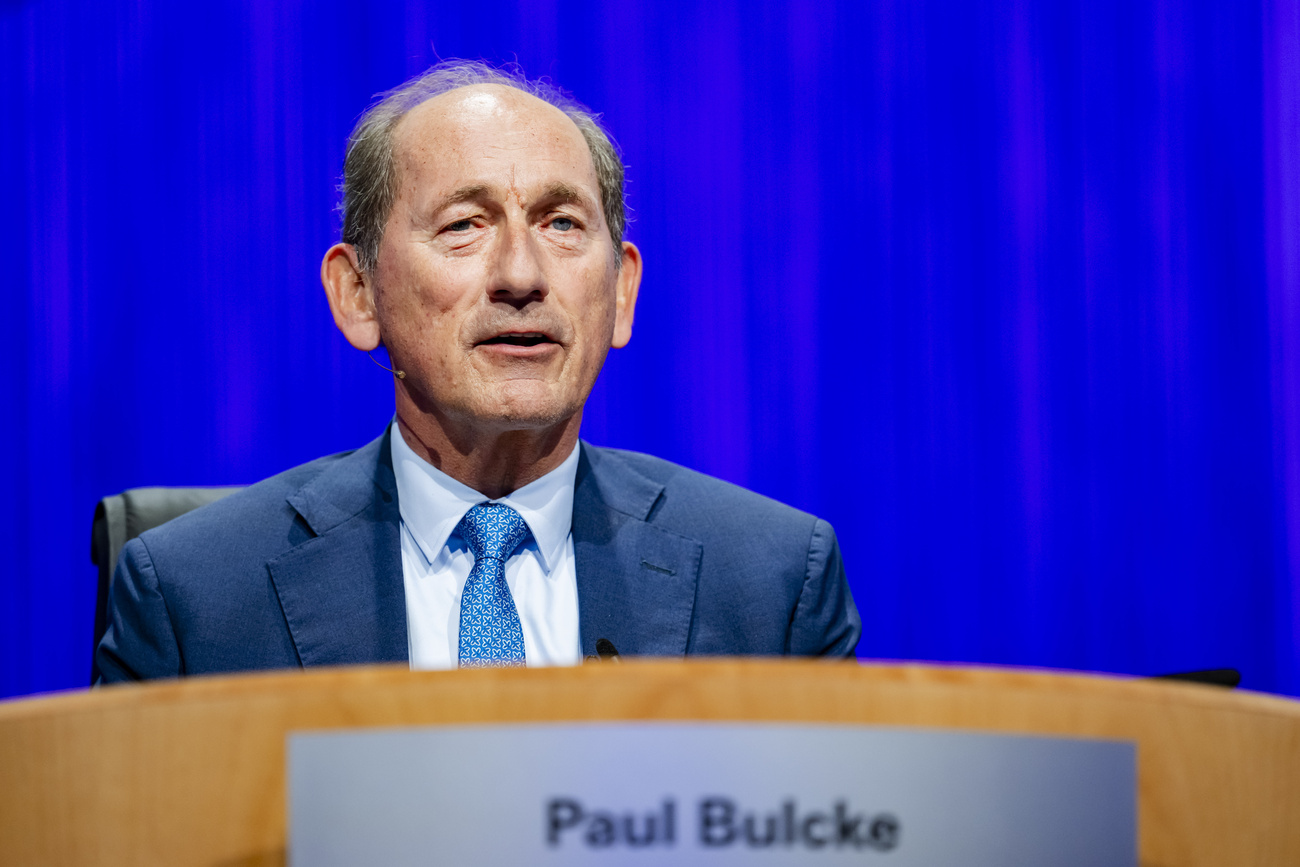
Stocks Fall as Good Economic Data Seen ‘Priced In’: Markets Wrap
(Bloomberg) — Wall Street traders drove stocks lower as valuation worries overshadowed data showing the economy is holding up. The figures didn’t have much of an impact on Federal Reserve bets, but bond yields rose.
Following a series of record highs, the S&P 500 dropped as much as 1% before paring losses. Just 24 hours ahead of a key inflation report, data showed US gross domestic product grew at the fastest pace in nearly two years.
Subscribe to the Stock Movers Podcast on Apple, Spotify and other Podcast Platforms.
“We agree that the economy is strong and growing,” said Chris Zaccarelli at Northlight Asset Management, “but a lot of that good news is already priced in. Where we have our largest concern is with valuations.”
An over $15 trillion surge in equities from this year’s lows came on speculation that the economy is not sinking and the market will be bolstered by improving corporate profits and the artificial-intelligence boom.
As a result, the S&P 500’s 12-month forward price-to-earnings ratio recently touched a high of 22.9, a level that this century was exceeded in just two prior instances: the dot-com bust and the pandemic rally in the summer of 2020 when the Fed reduced rates to near zero.
While the central bank’s focus has tilted toward the jobs market, traders will be closely watching Friday’s inflation report.
“Active investors will want to see an in-line or lower inflation result, keeping the Fed on pace for two more rate cuts in 2025,” said Bret Kenwell at eToro. “As much as investors want lower rates, a solid economy is more important.”
The S&P 500 hovered near 6,600. The yield on 10-year Treasuries advanced three basis points to 4.18%. The dollar rose. Bitcoin sank, with a large options expiry looming.
Inflation-adjusted GDP, which measures the value of goods and services produced in the US, increased at a revised 3.8% annualized pace. That was stronger than the previously reported 3.3% advance and followed an outright contraction in the first quarter.
To Paul Stanley at Granite Bay Wealth Management, another aspect is that Thursday’s GDP strength likely doesn’t change the Fed’s expected path of rate cuts, “since the data is backward looking.”
In fact, money markets only slightly reduced bets on rate cuts after the data, projecting about 40 basis points of Fed reductions before the year is over.
The decline in initial jobless claims to the lowest since July points to a labor market that — while cooling — has seen relatively limited layoffs. Most companies are choosing to hold onto workers even as lingering economic uncertainty keeps a lid on hiring.
“There may be cracks in the labor market, but if today’s data is any indication, they haven’t widened recently,” said Chris Larkin at E*Trade from Morgan Stanley. “Along with an upward revision to GDP, we’re seeing an economy that remains resilient despite an array of challenges.”
Fed Governor Stephen Miran said the US central bank risks damage to the economy by not moving rapidly to lower interest rates.
“I don’t think the economy is about to crater,” Miran said Thursday on Bloomberg Surveillance. But given the risks, “I would rather act proactively and lower rates as a result ahead of time, rather than wait for some giant catastrophe to occur,” he said.
The Fed voted to lower interest rates at its meeting last week by a quarter percentage point, the first cut of 2025. Miran dissented against the decision, instead favoring a half-point cut.
Michelle Bowman, the Fed’s top bank cop, said inflation is close enough to the central bank’s target to justify more rate cuts because the job market is weakening.
Fed Bank of Chicago President Austan Goolsbee expressed continued concern about tariff-driven inflation and pushed back against any call for “front-loading” multiple rate cuts. His Kansas City counterpart Jeff Schmid signaled the central bank may not need to cut again soon.
The Fed’s preferred gauge of underlying inflation likely grew at a slower pace last month, offering policymakers some breathing room to address weakness in the US labor market.
A report on Friday is forecast to show the personal consumption expenditures price index excluding food and energy rose 0.2% in August, compared with 0.3% in July. On an annual basis, the so-called core measure is seen holding at a still-elevated 2.9%.
“If we were to see an uptick, that could worry investors that the Fed’s rate cut expectations are too ambitious, and that they may need to establish more of a wait-and-see approach on rates,” said Stanley at Granite Bay Wealth Management.
The market is on tenterhooks waiting for the Fed’s next interest-rate move, a crucial earnings season looms large and the threat of a US government shutdown is growing more severe.
Add the specter of rising volatility to a list of worries investors need to contend with. Since 1928, historical price swings in the S&P 500 in October have been about 20% greater than in other months, Goldman Sachs Group Inc.’s derivatives team says.
Still, for all the hand-wringing over whether the US stock market is in a bubble, investors who have been hedging against a downturn are actually getting worried about missing a potential year-end rally.
That’s the message coming from derivatives markets, where a measure of the relative cost of bullish options reached a high not seen since January. Protection against a downturn, which had been rising as the S&P 500 pushed to record after record, has started to get cheaper.
Corporate Highlights:
Amazon.com Inc. agreed to pay $2.5 billion in penalties and refunds and change its process for how to cancel its Prime subscription to settle a lawsuit by the US Federal Trade Commission. Microsoft Corp., disabled some use of its software by the Israeli military after an investigation spurred by news reports that the company’s products were involved in the surveillance of civilians. Apple Inc. has asked European Union antitrust watchdogs to scrap regulations intended to protect digital consumers, arguing they expose users to privacy risks and threaten to undermine innovation. Meta Platforms Inc. is set to face a charge sheet from the European Union for failing to adequately police illegal content, risking fines for violating the bloc’s content moderation rulebook. Alphabet Inc. trails behind a few other megacap technology companies in size, but the Google parent may be destined to overtake them given its strong position in artificial intelligence and other key sectors, according to MoffettNathanson. Intel Corp. is being upgraded to neutral from sell at Seaport Global, which sees near-term upside for the chipmaker if it receives more direct investments. Starbucks Corp. said it will close stores and eliminate 900 jobs in a $1 billion restructuring effort as the company amps up a turnaround plan under new Chief Executive Officer Brian Niccol. Eli Lilly & Co. halted a study of an experimental drug designed to prevent obesity patients from losing too much muscle, citing strategic business reasons it didn’t disclose. CarMax Inc. sank after the company reported a surprise drop in comparable sales, as buyers had rushed to purchase vehicles in the previous quarter ahead of a tariff on imported cars. CoreWeave Inc. has expanded its agreements to supply data center capacity to OpenAI by as much as $6.5 billion to a total of $22.4 billion, the latest deal to underscore the immense demand worldwide for AI computing capacity. BP Plc said that oil demand is going to keep growing for the rest of this decade, rowing back on its prior projection that the high point could come as soon as this year. Live Nation Entertainment Inc.’s Ticketmaster agreed to make certain changes to its ticketing business following the UK’s antitrust watchdog concerns that it risked misleading customers in last year’s sale of Oasis tickets. The Qatar Investment Authority is partnering with Blue Owl Capital Inc. to finance and invest in data centers, marking the sovereign wealth fund’s latest bet on the booming artificial intelligence sector. A group of companies used by ailing auto-part manufacturer First Brands Group LLC to raise financing has filed for Chapter 11 bankruptcy protection. SAP SE has been hit by a European Union antitrust probe into whether the German software giant distorted competition for on-premise maintenance and support services related to a management program it sells. Accenture Plc said it expects US federal spending cuts on consultants to slow its growth next year after it beat expectations for revenue in the fourth quarter. Robert Bosch GmbH will cut about 13,000 additional jobs at its auto-parts business as rising competition and a sluggish European car market push the manufacturer into deeper restructuring. Brunello Cucinelli SpA tumbled after short seller Morpheus Research alleged the luxury Italian cashmere brand is misleading investors about its Russian business and engaging in “aggressive discounting.” What Bloomberg Strategists say…
“The two-week decline in jobless claims stands to ease jitters about the labor market at a time when the Fed has already jumped to the rescue with an interest-rate cut. That further reinforces the idea that the central bank is easing into a soft landing, which historically benefits stocks and the dollar, but stands to hurt bonds.”
—Tatiana Darie, Macro Strategist, Markets Live. For the full analysis, click here.
Some of the main moves in markets:
Stocks
The S&P 500 fell 0.5% as of 12:30 p.m. New York time The Nasdaq 100 fell 0.4% The Dow Jones Industrial Average fell 0.3% The MSCI World Index fell 0.6% Bloomberg Magnificent 7 Total Return Index fell 0.7% The Russell 2000 Index fell 1% Currencies
The Bloomberg Dollar Spot Index rose 0.4% The euro fell 0.5% to $1.1680 The British pound fell 0.7% to $1.3352 The Japanese yen fell 0.6% to 149.75 per dollar Cryptocurrencies
Bitcoin fell 2.1% to $111,162.5 Ether fell 4.8% to $3,967.51 Bonds
The yield on 10-year Treasuries advanced three basis points to 4.18% Germany’s 10-year yield advanced three basis points to 2.77% Britain’s 10-year yield advanced nine basis points to 4.76% The yield on 2-year Treasuries advanced five basis points to 3.65% The yield on 30-year Treasuries advanced two basis points to 4.77% Commodities
West Texas Intermediate crude fell 0.4% to $64.74 a barrel Spot gold was little changed ©2025 Bloomberg L.P.




































